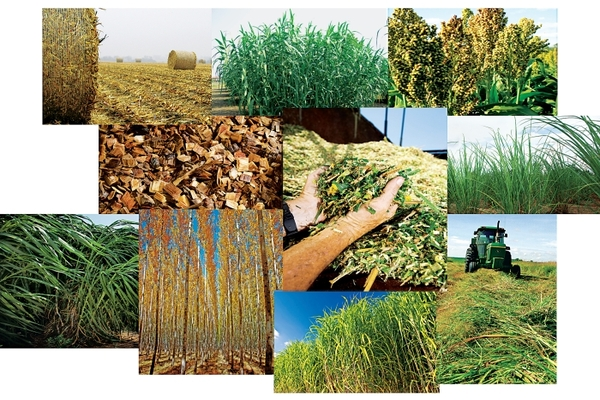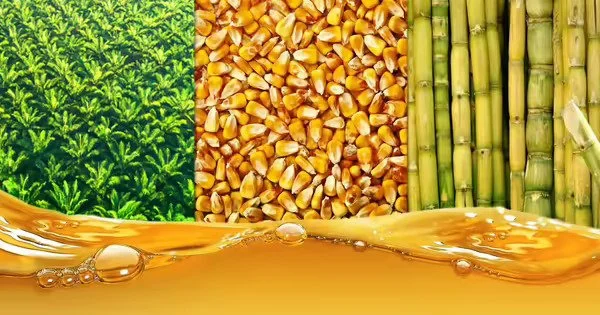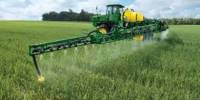Biofuel crops are plants that are grown specifically for the purpose of producing biofuels, which are renewable energy sources made from plant matter. Some common examples of biofuel crops include corn, sugarcane, soybeans, and algae. These crops are used to produce ethanol, biodiesel, and other biofuels that can be used as an alternative to fossil fuels for transportation and power generation.
Biofuels are becoming more popular year after year, and there is a global need to increase production. Biofuel crops are crops that are used in the production of biofuels such as biodiesel and ethanol. Biofuels are classified into two types: bio-alcohol and biodiesel. Engineering procedures are used to create bio-alcohols such as ethanol, which is produced by breaking down the starch in corn and other plants with yeast and bacteria. Refineries, on the other hand, produce biodiesel from oil derived from crops such as soybeans. Soybean oil is extracted from soybeans and then processed with alcohol before being converted into biodiesel.
The production of biofuels from crops has several benefits, including reducing dependence on fossil fuels, reducing greenhouse gas emissions, and boosting rural economies by creating new markets for agricultural products. However, there are also some challenges associated with biofuel production, such as land-use competition, food versus fuel debates, and environmental concerns, such as deforestation and water usage.

Let us now go over the biofuel crops one by one:
- Corn is the most important crop for ethanol production. Pulverized corn kernels are combined with warm water first.
- Rapeseed – Rapeseed oil is used in the manufacture of biofuels. For this, rapeseed is crushed or treated first. Rapeseed oil is now a popular biodiesel fuel.
- Sugarcane – Sugarcane, like corn, is used to produce ethanol. Sugarcane-derived ethanol is six times less expensive than corn-derived ethanol.
- Palm Oil – Made from the fruit of the palm tree, this edible oil is one of the most energy-efficient biodiesel fuels.
- Soybean – This crop is processed to produce soyabean oil, which is then used to produce biodiesel.
Overall, biofuel crops hold potential as a sustainable alternative to traditional fossil fuels, but careful consideration and management are needed to ensure that the production and use of biofuels are environmentally and economically sustainable.
















